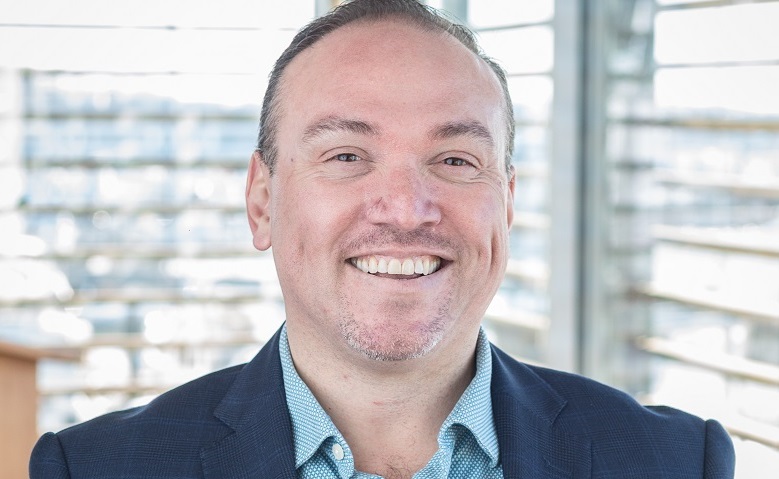The State of Affairs with Treatment of the LGBTQ Community in Florida
Florida’s long-standing history of bigotry regrettably still thrives today. BY ORLANDO GONZALES, EXECUTIVE DIRECTOR OF SAFEGUARDING AMERICAN VALUES FOR EVERYONE (SAVE)


Florida has long been a petri dish for bigotry against the LGBTQ community. The damaging effects of these state-sanctioned efforts began 65 years ago when Florida enacted the Johns Committee to stamp out LGBTQ people in state employment. Although great progress has been made across the country (and the globe), the LGBTQ community in Florida continues to face obstructions to fundamental human rights.
For starters, Florida lacks full protections from discrimination for LGBTQ people. Only 60 percent of the population is expressly protected against discrimination based on gender identity in private employment, housing and public accommodations. In a recent study by Out Leadership, Florida unsurprisingly ranked 28th in the nation for the state’s climate towards LGBTQ workers. This is important to note because we have learned through research that pro-equality policies are better for business. The Wall Street Journal’s first corporate ranking examined diversity and inclusion among S&P 500 companies and confirmed that socially diverse groups are more innovative and productive than homogenous groups.
One opportunity to grab at low-hanging fruit to make the state more inclusive is by codifying the 2020 landmark United States Supreme Court case of Bostock v. Clayton County, where the court held that Title VII of the Civil Rights Act of 1964 protects employees against discrimination because they are gay or transgender. But that may be a bridge too far if one considers that Florida’s constitution still wrongfully defines marriage as being between one man and one woman despite state and federal supreme court rulings same-sex marriage legal.
In 1992, Florida refused to add sexual orientation and gender identity to the Civil Rights Act. The act bans discrimination in housing, employment and public accommodations based on gender, race, religion, even marital status. Year after year, lawmakers have introduced bills to ban discrimination against LGBTQ people, and each year, those bills have gone nowhere in the Republican-controlled legislature. Upholding human dignity is bipartisan sentiment we need and unfortunately, we’re seeing long-standing supporters turn their back on the LGBTQ community out of fear of what the party leadership will do to them.
Attempts to roll back hard-fought protections are evident among the Republican majority in the state House and Senate. However, at the core of LGBTQ rights arguments is the false narrative about the Equality Act’s impact on the Freedom of Religion. Unfortunately, the dissemination of misinformation is the currency of today’s political environment. Firstly, the freedom of religion is important to all of us. It is one of our nation’s most sacred and fundamental values. That is why it is already fully protected by the First Amendment of the Constitution, and the Equality Act does nothing to lessen those protections. The Equality Act would simply amend the Civil Rights Act of 1964 to prohibit discrimination on the basis of sexual orientation and gender identity in employment, housing, public accommodations, education, credit, jury service and any program receiving federal funding. LGBTQ rights groups are continuing to call attention to the Equality Act even as it remains stalled in the Senate–more than five months after the House of Representatives passed the landmark bill–because there is not enough bipartisan support to get to 60 votes to avoid the filibuster.
Even if the Senate passed the Equality Act, state legislation, like the Florida Competitive Workforce Act, would still be needed. The Florida Competitive Workforce Act, which was indefinitely postponed and withdrawn from consideration in March 2020 by the Florida House of Representatives, would prohibit discrimination against the LGBTQ community in the state in employment, housing and public accommodations. This is an initiative that SAVE has supported and worked side-by-side with Florida advocates and elected officials to help get passed since 2009 when the bill was first introduced.
To ensure LGBTQ people are permanently protected from discrimination, we need to codify these policies into Florida law by passing a statewide discrimination ban that includes protections for the LGBTQ community. And while we depend on local laws for protection, we also rely on corporate entities, such as Power Financial Credit Union, which recently awarded SAVE a donation to celebrate their 70th anniversary. The funding will allow the SAVE Foundation to improve its educational initiatives, including prejudice- and bias-reduction programs in the community. Corporations like this are critical for the support and protections they afford their employees and members. SAVE remains proud of its South Florida roots, and we know our collective future with allies and partners remain hopeful and unified in the important work that lays ahead.

Brett Graff is SocialMiami.com’s managing editor and has been a journalist covering money, people and power for over 20 years. Graff contributes to national media outlets including Reuters, Glamour, Harper’s Bazaar, Maxim, and the PBS show, Nightly Business Report. A former U.S. government economist, her nationally syndicated column The Home Economist is first published in The Miami Herald and then on the Tribune Content Agency, where it’s available to over 400 publications nationwide. She is broadcast weekly on two iHeartRadio news shows and is the author of “Not Buying It: Stop Overspending & Start Raising Happier, Healthier, More Successful Kids,” a parenting guide for people who might be tempted to buy their children the very obstacles they’re trying to avoid.


